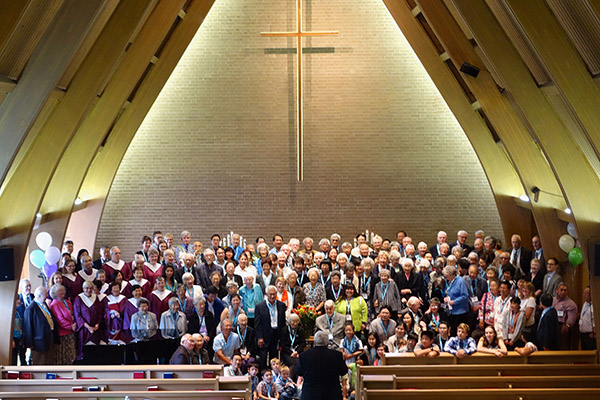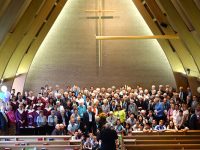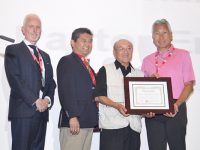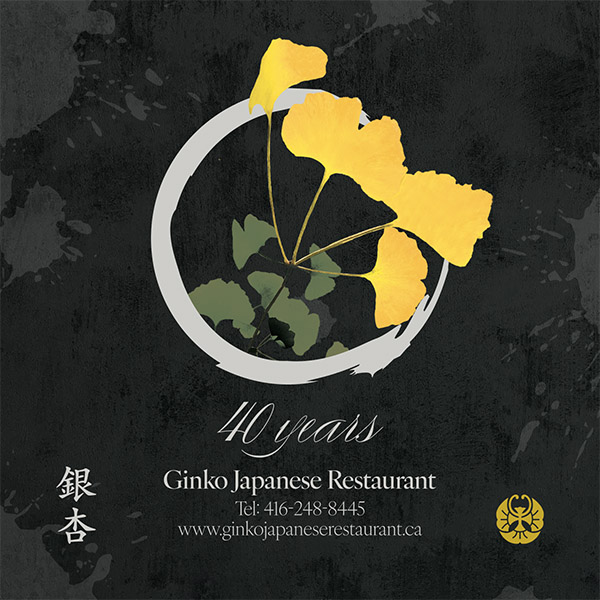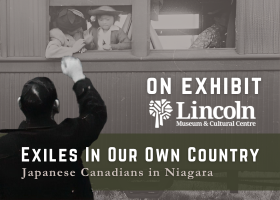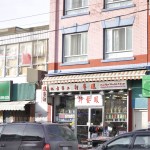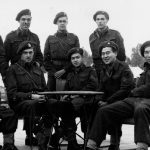Bayview United Church members now worship at Cummer Avenue United Church. Photo courtesy: Bayview United Church.
TORONTO — On June 25, the members of Bayview United Church began joint worship with Cummer Avenue United Church at 53 Cummer Avenue.
Due to a decline in the number of people able to provide leadership for the Bayview Church, the church council and members determined that supporting the church building and organizing church programs on their own was no longer possible. After over a year of formulating a plan with the United Church of Canada and finding a partner church, the Bayview members are in the process of amalgamating with Cummer Avenue in the fall of 2023.
To support the proposed amalgamation, the following article, written by Michael Kitagawa with input from Kaz Shikaze, was provided to the United Church to give background to Bayview and the United Church’s role within the Japanese Canadian community.
—Introduction by Brian Kai
Congregation of Bayview United Church and the United Church’s special connection to the Japanese Canadian community
By Michael Kitagawa with Kaz Shikaze
The United Church, the Bayview congregation, and the Japanese Canadian community organizations supported by Bayview are intrinsically linked in a way that can only begin to be understood when one learns of their unique history.
The original Toronto Japanese United Church, as well as community organizations such as the Japanese Canadian Cultural Centre (JCCC) and Momiji Health Care Society, were founded by people who had been forcibly removed from the B.C. coast by the federal government in 1942, merely because they were of Japanese descent. Their belongings, real estate, and other assets were confiscated and sold at distress prices. Most were interned in concentration camps and ghost towns in the B.C. interior or forced to work on farms in Alberta and Manitoba.
At the beginning of the Second World War, approximately one-quarter of Japanese Canadians were United Church members and adherents.
During the internment, the United Church played a special role in their lives, maintaining a presence and support for internees. This was recounted in the book Ministry to the Hopelessly Hopeless: Japanese Canadian evacuees and churches during WWII by Rev. Dr. Roland M. Kawano. Many Buddhist Japanese Canadians became Christians because of the support of the United Church, wrote Rev. Kawano.
Following the war, most internees dispersed across the country, not permitted to return to B.C. Many settled in southern Ontario, making their way to Toronto and surrounding areas.
The Toronto Japanese United Church’s Issei (Japanese-speaking) congregation was formed in 1946 under the leadership of Rev. Dr. Kosaburo Shimizu. The hope was that the English-speaking Nisei would join congregations in their neighbourhoods. However, due to the war experience and the close-knit bonds made during the internment and between generations of families, most Niseis did not go to local churches.
As a result, the Toronto Japanese United Church Nisei congregation was established in 1954 to provide English-speaking worship and fellowship. The two congregations required more space and accepted an invitation to share a building with Centennial United Church at 701 Dovercourt in 1958. This necessitated the construction of an additional chapel, designed by architect Raymond Moriyama.
The decades that followed brought several amalgamations and relocations. In 1986, the English-speaking congregation amalgamated with Centennial to form Centennial Japanese United Church (CJUC). In 2006, 701 Dovercourt was sold, and CJUC and the Japanese-speaking congregation (TJUC) relocated to Lansing United Church as tenants. In 2011, CJUC and TJUC moved to Oriole York Mills United Church (OYM), and in that same year, CJUC and TJUC amalgamated as CJUC. Most recently, CJUC and OYM amalgamated to form Bayview in 2014.
As the above history demonstrates, there is a continuous thread connecting the United Church’s support for Japanese Canadian internment survivors, from the original TJUC members in 1946 to the members of Bayview today.
The history and spirit of this journey were movingly captured in the hymn, Our God Goes With Us, by David Kai, a link to which is below.
For a United Church congregation formed by people relocated to the Toronto area after the experiences of displacement and internment, support for other Japanese Canadian community groups was a critical focus of community outreach and support for the congregation from its founding.
The congregation supported and continues to support fundraising activities of both the JCCC and Momiji through volunteer work and financial contributions. Both the JCCC and Momiji provide vital services to the Japanese Canadian community and have been an integral part of the lives of many Bayview members.
The JCCC, Momiji, and Bayview United Church are pillars of the Japanese Canadian community in the GTA, which numbers about 25,000. Of that number, an estimated 1,800 are former internees whose numbers are dwindling quickly.
Further information:
YouTube video of Our God Goes With Us:
***







 03 Aug 2023
03 Aug 2023
 Posted by Bayview United Church
Posted by Bayview United Church 